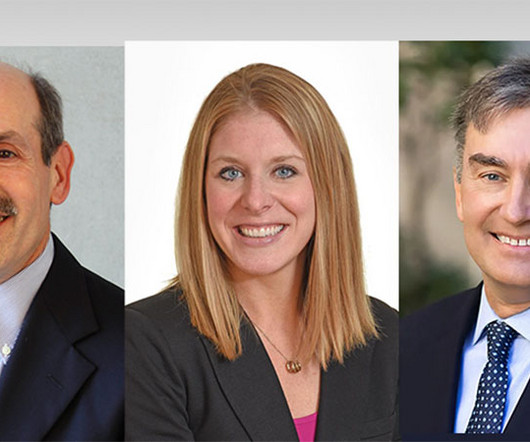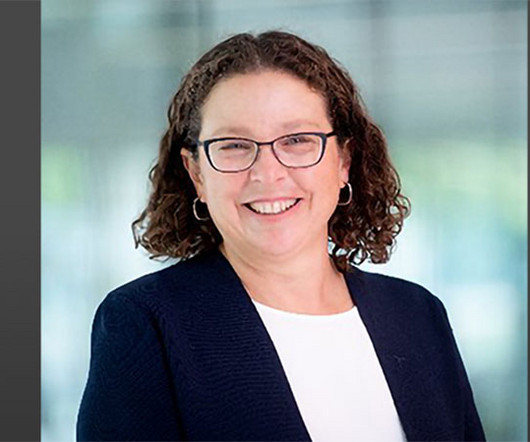Diabetes in Late Life: Nadine Carter, Tamryn Gray, Alex Lee
GeriPal
JUNE 8, 2023
When I’m on palliative care consults and attending in our hospice unit we have to counsel patients about deprescribing and de-intensifying diabetes medications. What are the risks and rewards of new classes of medications? When I’m on nursing home call, the most common page I receive is for a blood sugar value. How high is too high?













Let's personalize your content